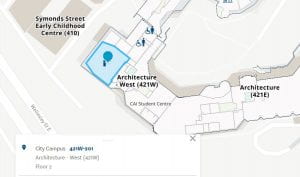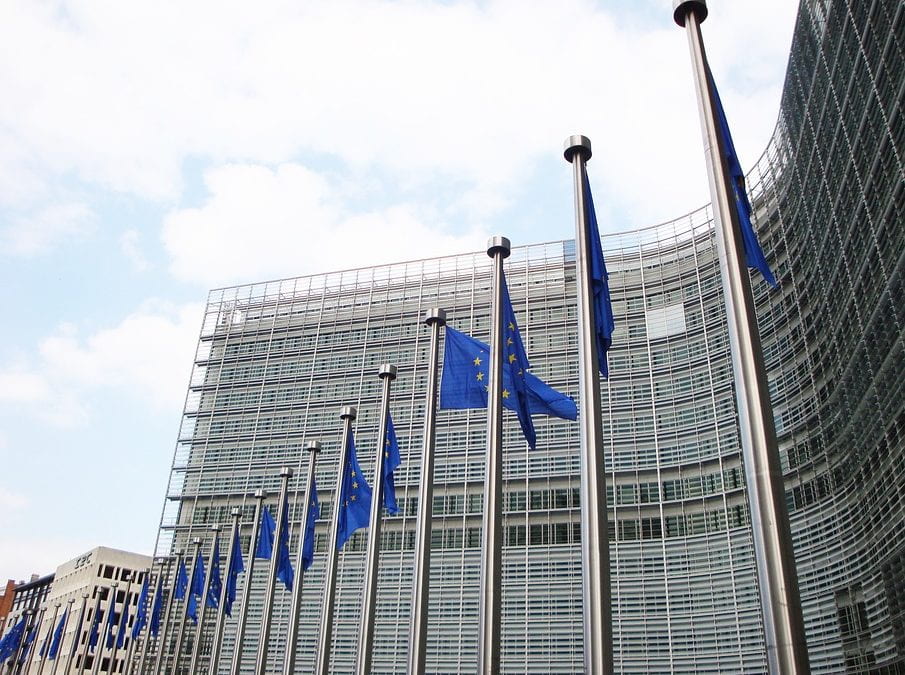Where: Architecture Lecture Room 1 (421W-201)
The European Union and its Member States, like New Zealand and 195 other countries, signed up to the global Paris Agreement in 2015. Mid-July, the EU became the first party to table a comprehensive set of legislation to make good on this multilateral commitment and make sure its economy is set on a credible net zero pathway through an interim reduction of its emissions by 55% by 2030 on a 1990 basis. By not deciding to wait for others in upholding and delivering on the Paris Agreement provisions, the EU hopes to inspire other economies to follow-suit.
The bold, transformational rules the EU will set on its economic actors are unprecedented, in line with the climate emergency. From phasing out the internal combustion engine to forest protection, no sector of the EU economy will go untouched. The European Union Green Deal legislation will also have impacts well beyond the EU’s borders and impact trade flows, financial flows and production and consumption patterns worldwide.
Now, as we head into a decisive decade for climate action, hear from the EU Delegation’s Head of Trade Caroline Lambert on how the EU plans to ramp up its efforts, and why COP26 this November will be the ultimate test for “the Brussels Effect”.

Bio:
Caroline Lambert is Head of Trade for the Delegation of the European Union to Aotearoa/New Zealand and leads climate, energy and other “Green Deal” aspects of diplomacy. Caroline has over 20 years’ experience in European policy design in the European Commission and has worked in a variety of roles in energy, transport, climate, environment, budgetary and financial affairs.


